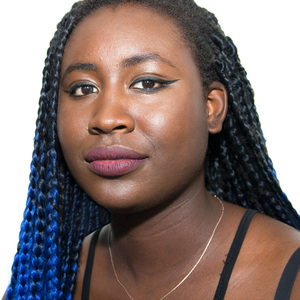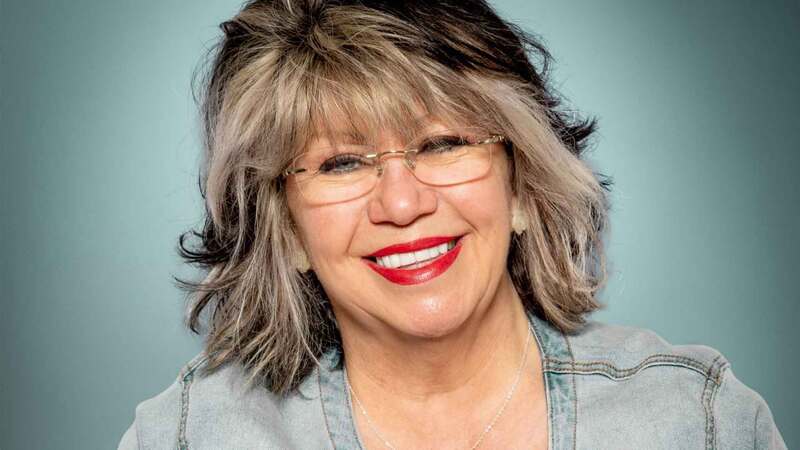You are viewing your 1 free article this month. Login to read more articles.
Naming the problem
With the burgeoning issue of lack of transparency in the publishing process causing setbacks for Black writers, it’s time for the book trade to solve the problem.

It’s a well-known, and valid, opinion that “special” issues, or The Bookseller’s fourth Black Issue, can be considered tokenistic or othering. As the editor of this issue, that’s an opinion I fully take on board, especially as it can contribute to feelings of inadequacy and self-doubt among the very people we’re trying to empower and uplift. As the agent Silé Edwards asks in her comment piece published in this issue, is this the only space for Black talent in The Bookseller? I do believe though, that it’s important to have a dedicated body of work we can refer back to for reckoning and to give these subjects the breathing room and space they need to be fully considered.
We’re able to notice how some themes repeat year on year, pick out strands that merit further discussion and apply journalistic precision and rigour to the interrogation of these themes. But most of all, we’re broadening the conversation, shining a spotlight on things, demanding to be heard. In fact, I’d say this is the most important issue we publish—at least it is to me.
From the very beginning, the odds of success (which are already low) are stacked against Black writers, and it seems the very fabric of the publishing industry has little regard for this fact. Like BA President Fleur Sinclair says in our lead story, the process of publishing first in expensive hardbacks means chances of discovery for Black authors and the opportunity to build careers for building careers is compromised. We speak to Nadine Matheson in this issue —she is currently on her third book of crime writing for HQ. Like Dorothy Koomson, she is a trailblazer, but how many other Black career crime writers can we name, or across other commercial genres? How many other Black career writers in general?
From the very beginning, the odds of success (which are already low) are stacked against Black writers
Nels Abbey of the Black Writers Guild has referred to the state of Black publishing as “a mixed bag”, with some publishers “remaining committed to the cause and continuing to work to ensure Black writers get deals and are given a strong shot at success”. That said, he speaks of “distress calls” from Black writers who have been “all but deserted by their publishers”, and there being a “huge issue in transparency in the publishing process” with authors left with little to no context of what to do next or how to move forward.
An important aspect to note when considering Black publishing is confidence (or lack thereof); the reckoning with this is reflected in many of the interviews and op-eds that make up these pages. Abbey has rightfully expressed concern about the damage done to the confidence of Black writers—and industry confidence in their commercial appeal—due to the perception of the performance of their work, which is often treated as a failed punt on a trend that didn’t work rather than individual books that deserve to reach as many readers as possible based on their merit.
So my message: it’s not the writing, writers, or readers that are the problem here. Over to you book trade.

















